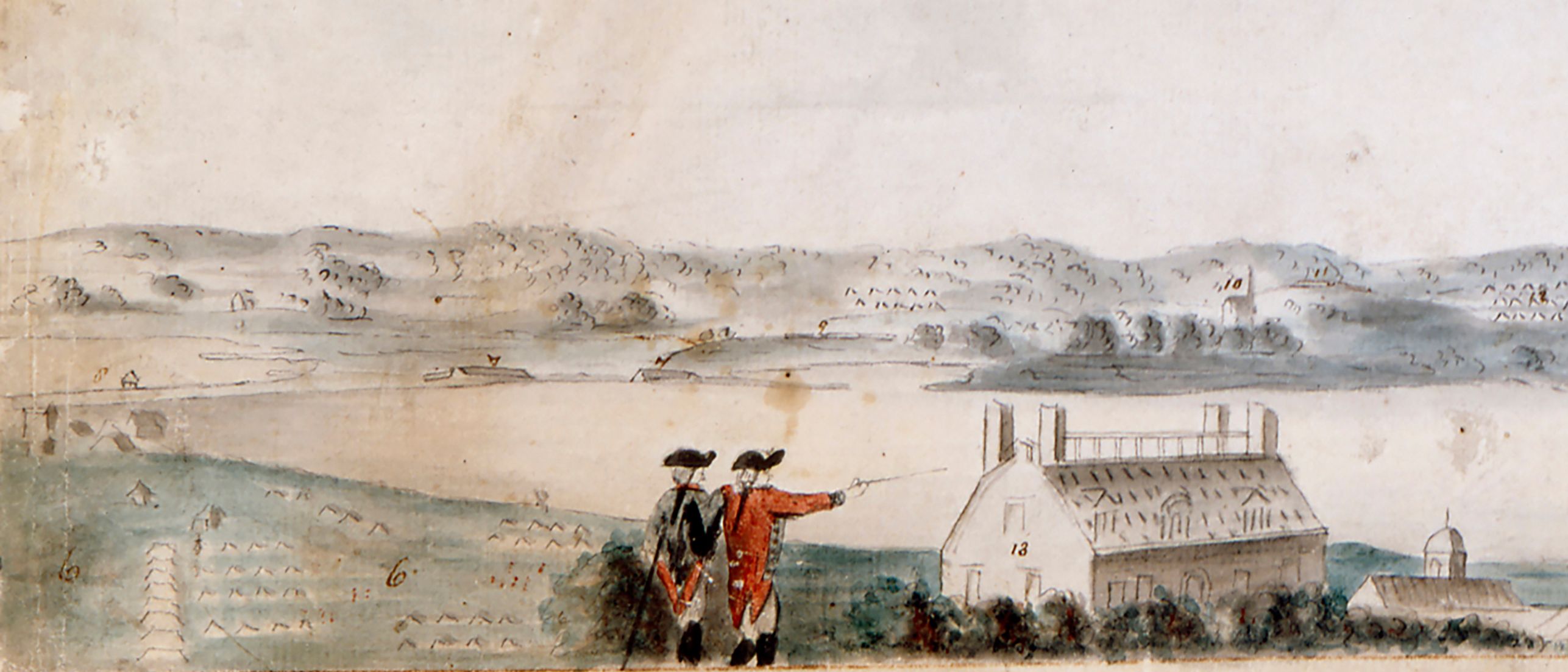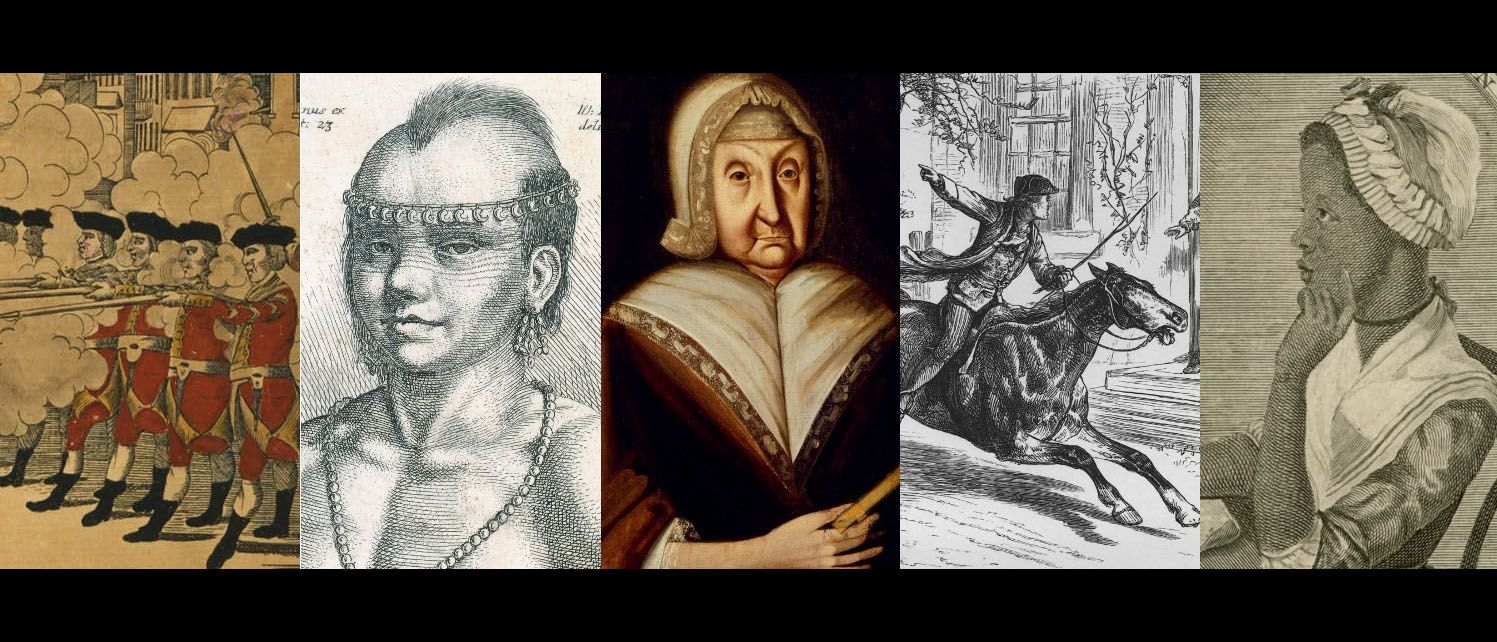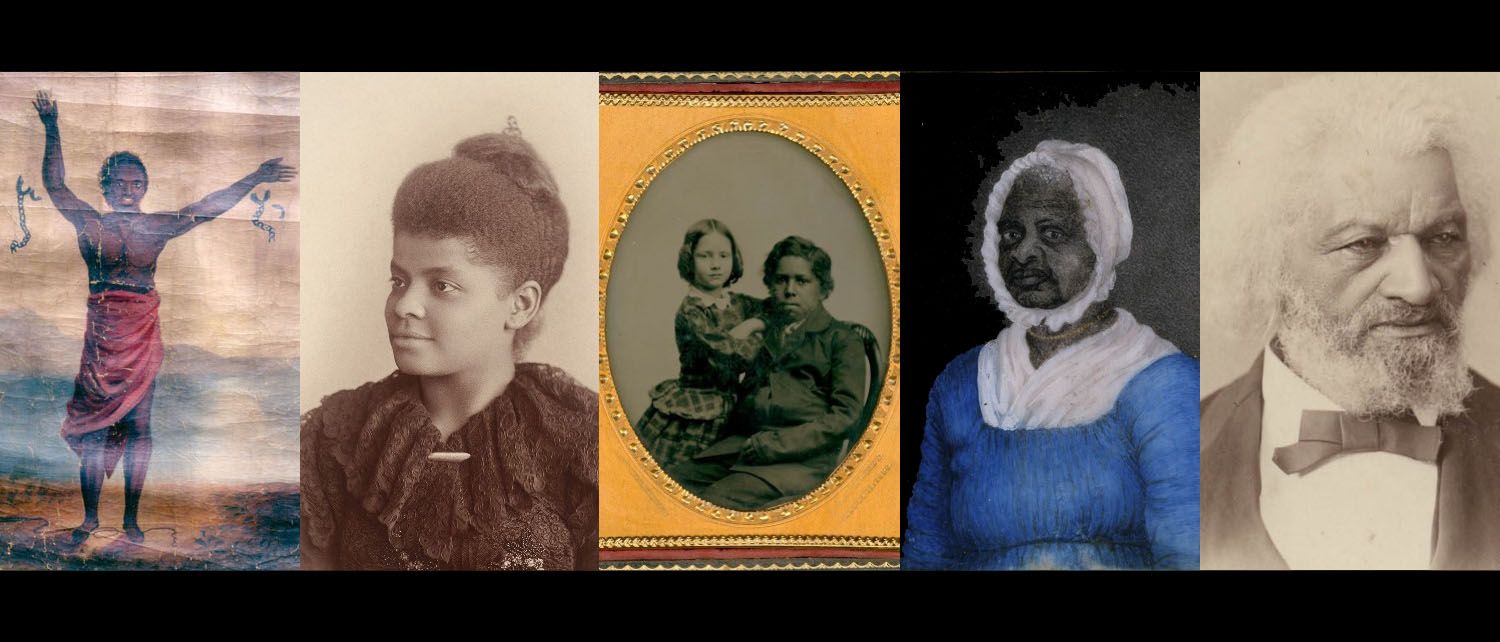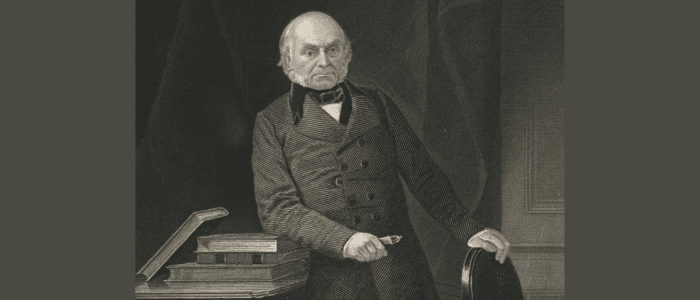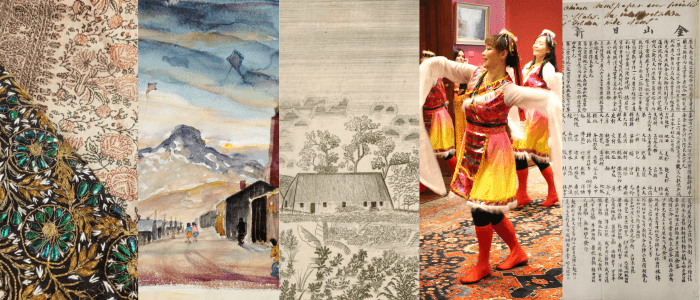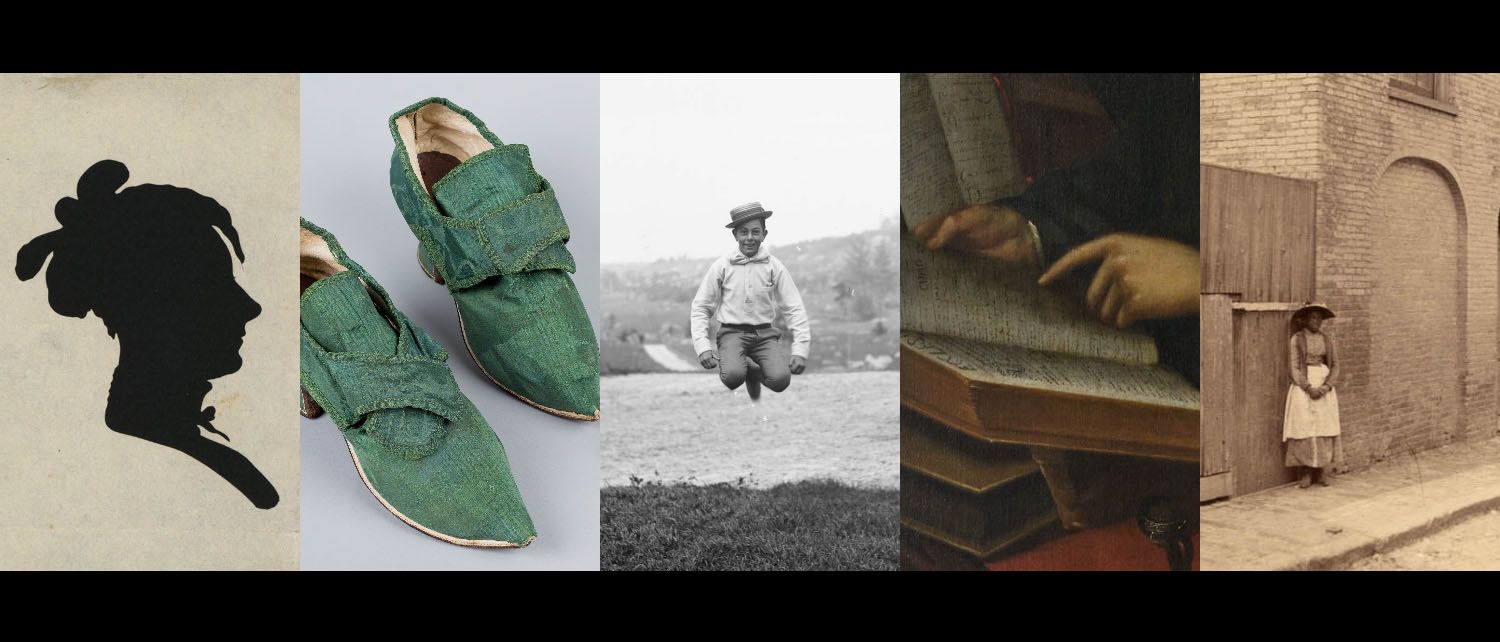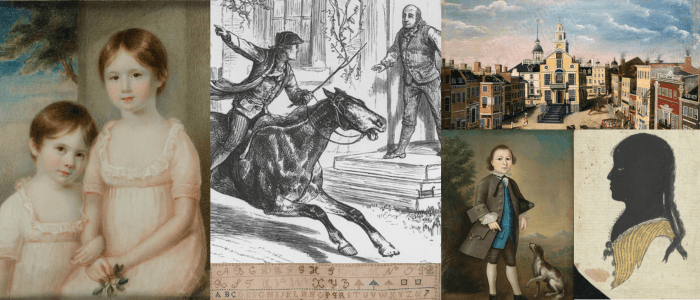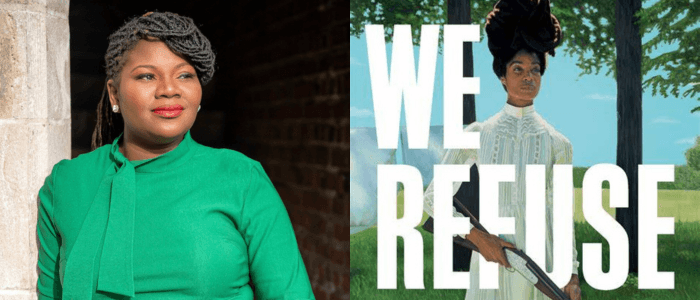Event
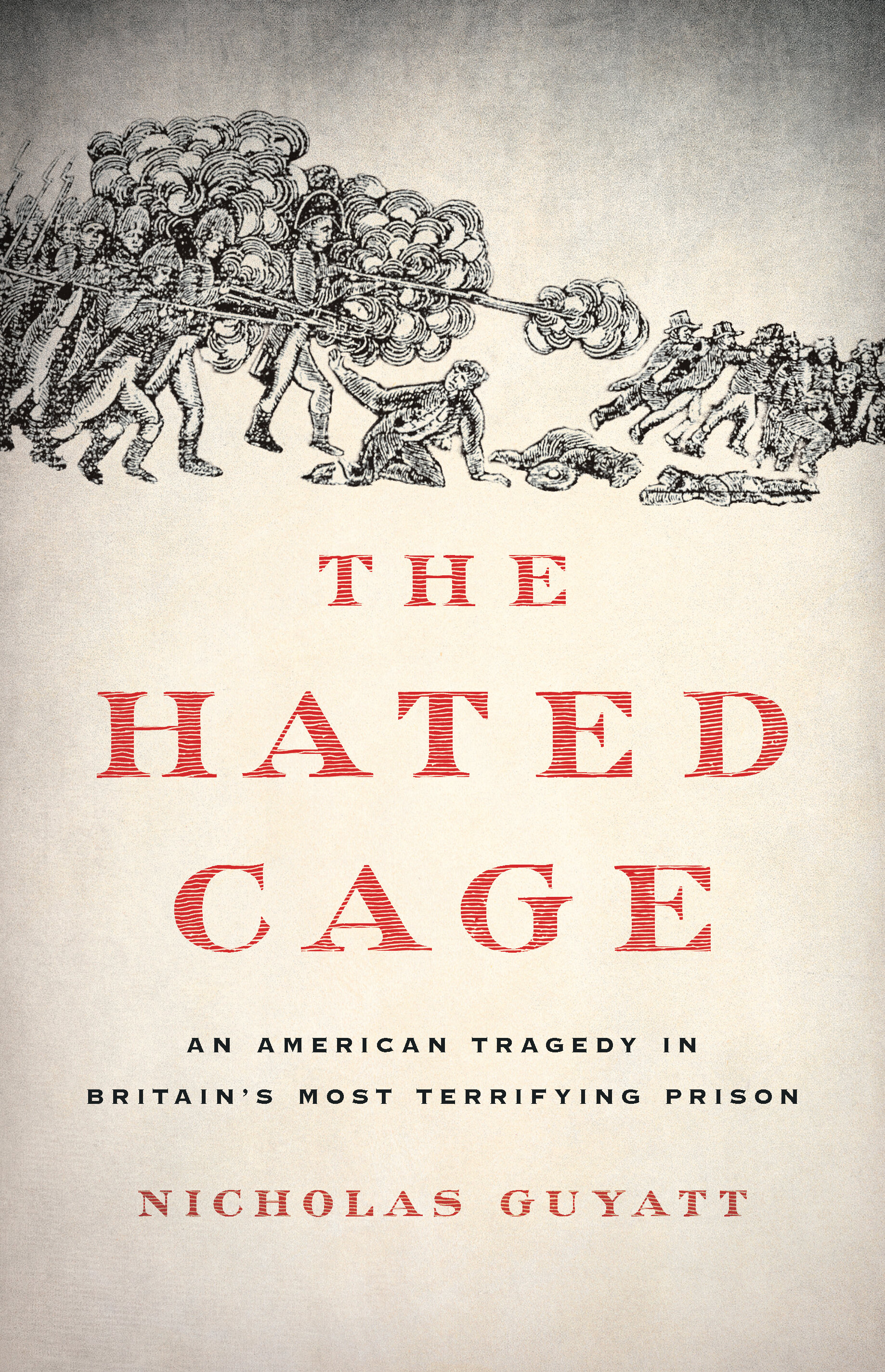
The Hated Cage: An American Tragedy in Britain's Most Terrifying Prison
Nicholas Guyatt, University of Cambridge
This is a hybrid event. The in-person reception starts at 5:30 and the program begins at 6:00. Register for how you plan to attend below.
In person, $10 per person fee, no charge for MHS Members or EBT Cardholders.
Virtual, no charge.
After the War of 1812, more than five thousand American sailors were marooned in Dartmoor Prison on a barren English plain; the conflict was over but they had been left to rot by their government. Although they shared a common nationality, the men were divided by race: nearly a thousand were Black, and at the behest of the white prisoners, Dartmoor became the first racially segregated prison in US history. The Hated Cage documents the extraordinary but separate communities these men built within the prison—and the terrible massacre of nine Americans by prison guards that destroyed these worlds.
Hybrid Event
The in-person reception starts at 5:30 and the program will begin at 6:00.
Masks are optional inside the MHS building. Learn more about our COVID-19 protocols.
The virtual program begins at 6:00 PM and will be hosted on the video conference platform, Zoom. Registrants will receive a confirmation message with attendance information.
